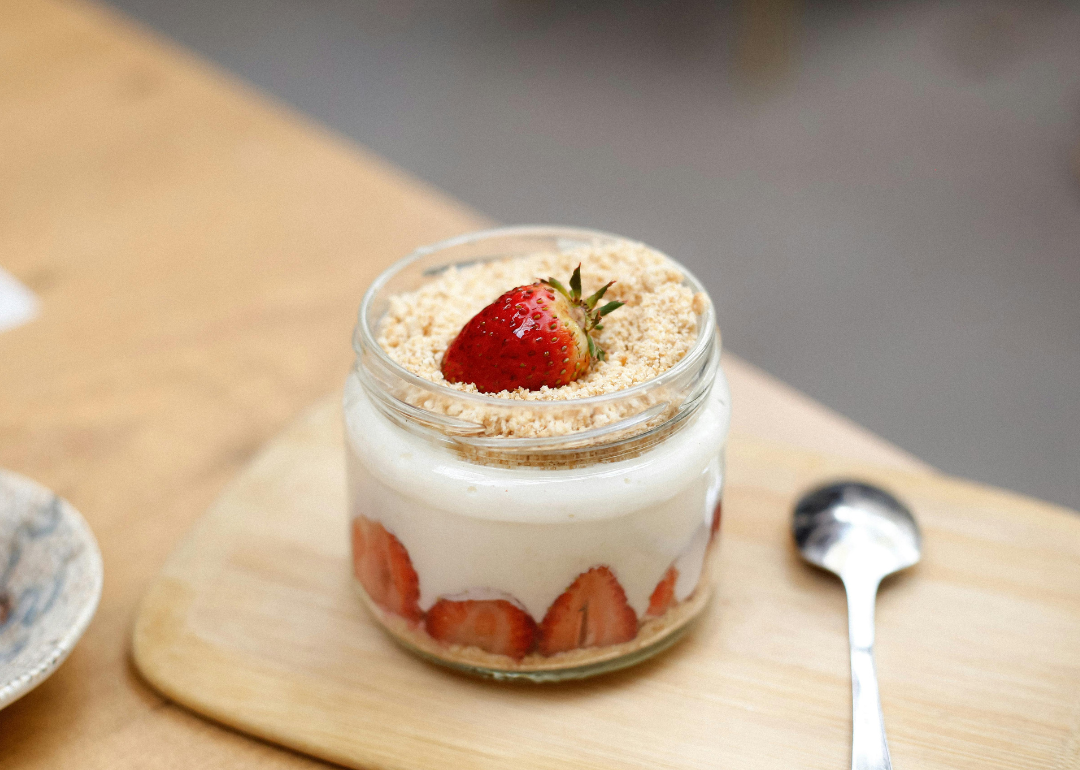the suprising truth about the health benefits of snacking
New research shows snacks supply about a quarter of our calories — and that isn’t automatically bad. When chosen and timed well, snacks can support health.
We’re often told to avoid eating between meals, and snacking has a reputation for being unhealthy. Yet evidence is mixed: some studies link snacking with poorer outcomes, while others find no harm or even benefits. To get clearer answers, researchers have recently revisited existing data with more granular analysis.
How common is snacking?
Snacking is widespread and has grown over time. For example, US adults consumed roughly 18% of their daily calories from snacks in the early 1970s; by 2010 that figure had risen to about 23%. Similar patterns are seen in other countries.
What the recent re‑analysis found
Sarah Berry and colleagues at King’s College London (also associated with the Zoe nutrition app) re‑examined data from an experiment conducted in 2018–19. Around 850 participants recorded everything they ate over multiple days, including timing, and underwent cardiovascular health assessments (blood lipids, glucose and similar measures). The team defined a snack as any eating event at least 30 minutes before or after a main meal.
Key findings:
Snacking was almost universal in the study (about 95% of participants). On average people had about 2.3 snacks per day, contributing roughly 24% of daily calories.
The number of eating occasions alone (three versus six times a day, for example) was not linked to worse health outcomes.
The nutritional quality and timing of snacks mattered most. Frequent intake of low‑quality snacks (biscuits, chips, cakes) and eating late at night were associated with poorer health markers.
By contrast, people who snacked on nutrient‑dense options (fruit, vegetables, nuts, seeds) and avoided late eating tended to fare as well as — and sometimes better than — non‑snackers in measures such as body weight and metabolic health.
Why timing and quality matter
Late‑night eating may disrupt circadian rhythms and metabolism, which could help explain the link between nighttime snacking and worse health outcomes. Meanwhile, healthy snacks can curb hunger and reduce calorie intake at the next meal: a 2022 trial at Winona State University gave first‑year college students either walnuts, gummy candy or no snack 90 minutes before an evening buffet. Students who had the walnuts ate less overall than those who had candy or no snack, suggesting that a wholefood pre‑meal snack can lower total energy intake.
Planned versus unplanned snacking
Motivation matters. Much snacking is habitual or boredom-driven rather than hunger-driven, which increases the risk of excess intake. Planned snacking tends to produce better compensation at meals (so total daily calories don’t rise), while unplanned snacking is less likely to be offset and more likely to add surplus calories.
Practical takeaway
Snacking isn’t inherently harmful. The evidence supports a simple rule: if you snack, choose nutritious items (fruit, vegetables, nuts, seeds, legumes) and avoid late‑night grazing on energy‑dense, low‑nutrient foods. For people who graze throughout the day, doing so with healthy choices and mindful timing can be part of a balanced dietary pattern.
Adapted from: Graham Lawton, “The surprising truth about the health benefits of snacking” (original article by Graham Lawton, 29 October 2024; updated 23 August 2025).
Graham holds a first-class honours degree in biochemistry and an MSc in science communication, both from Imperial College London

